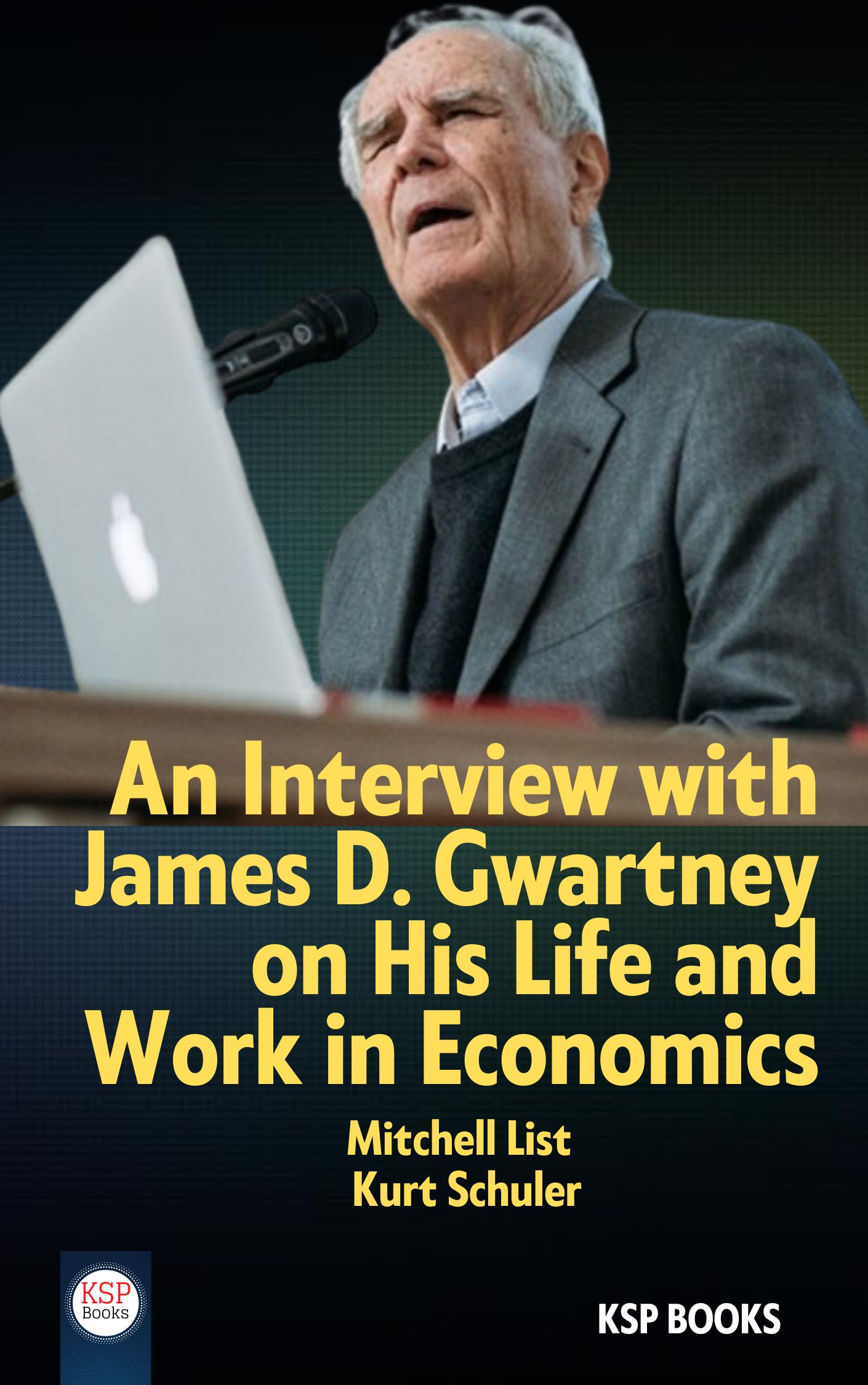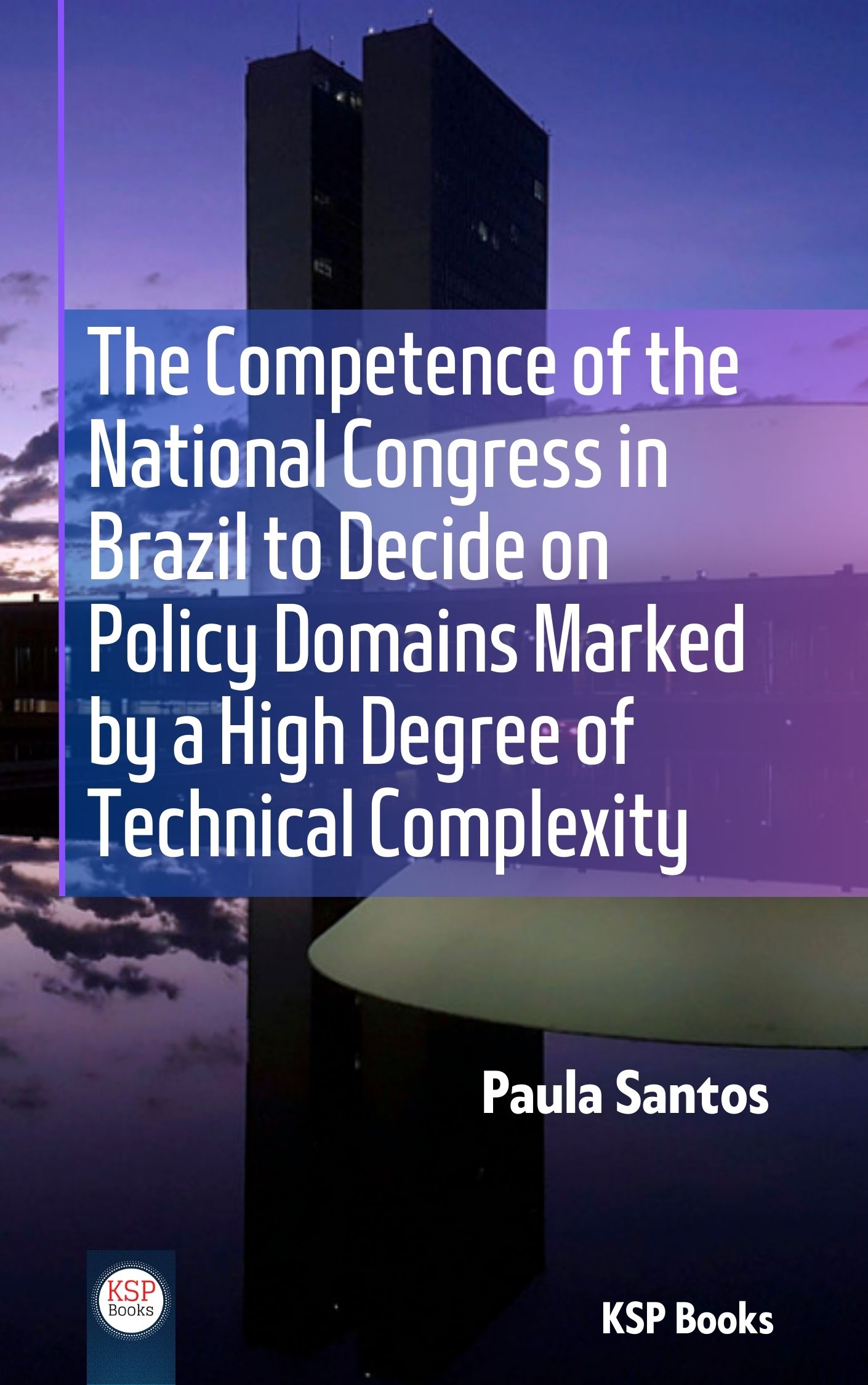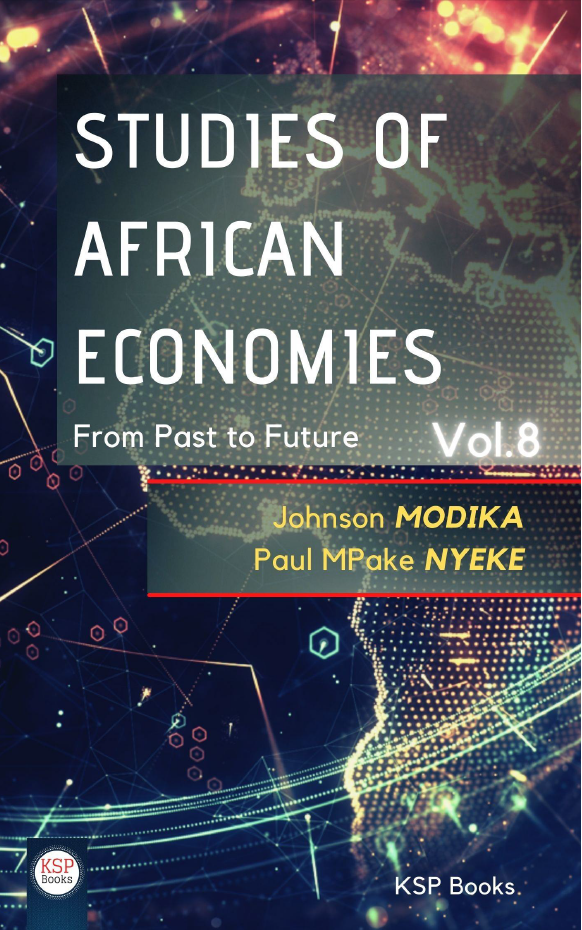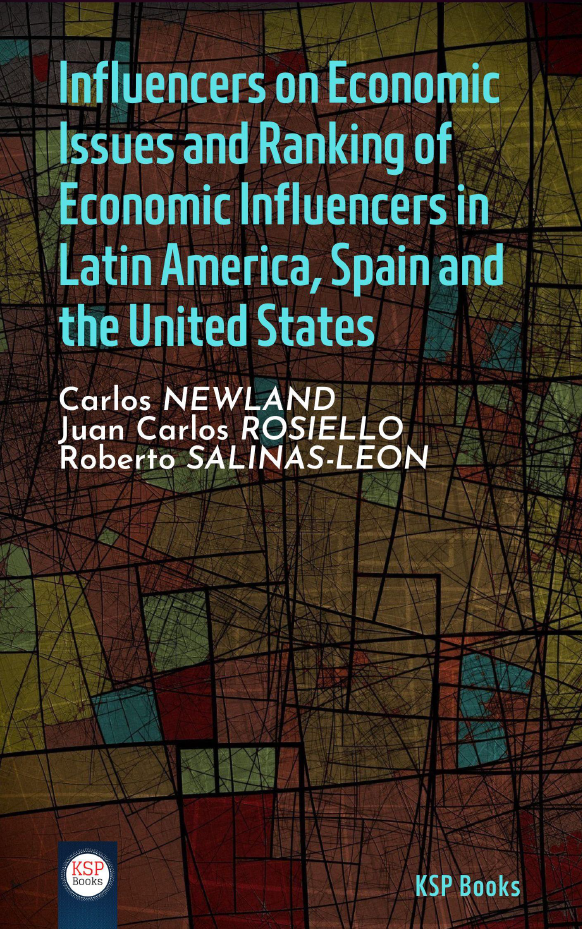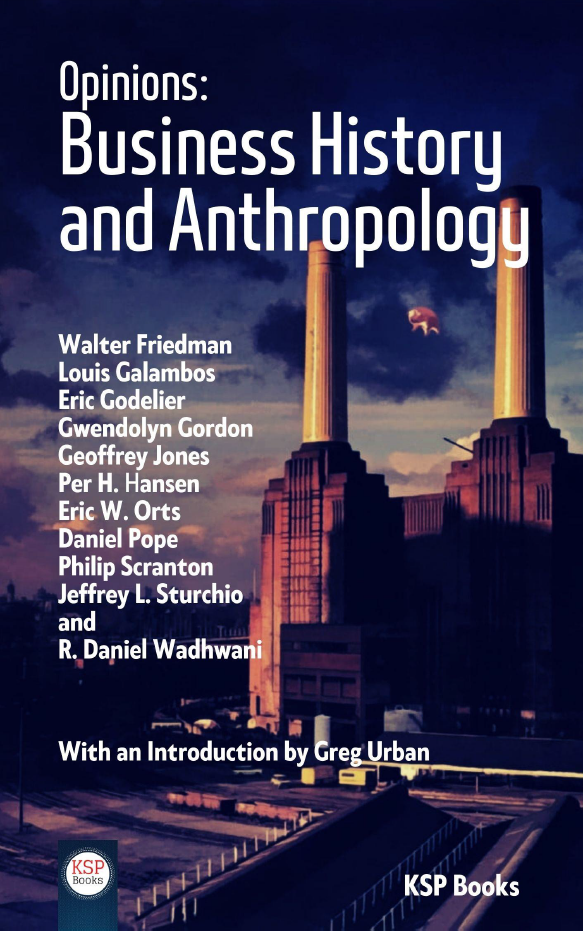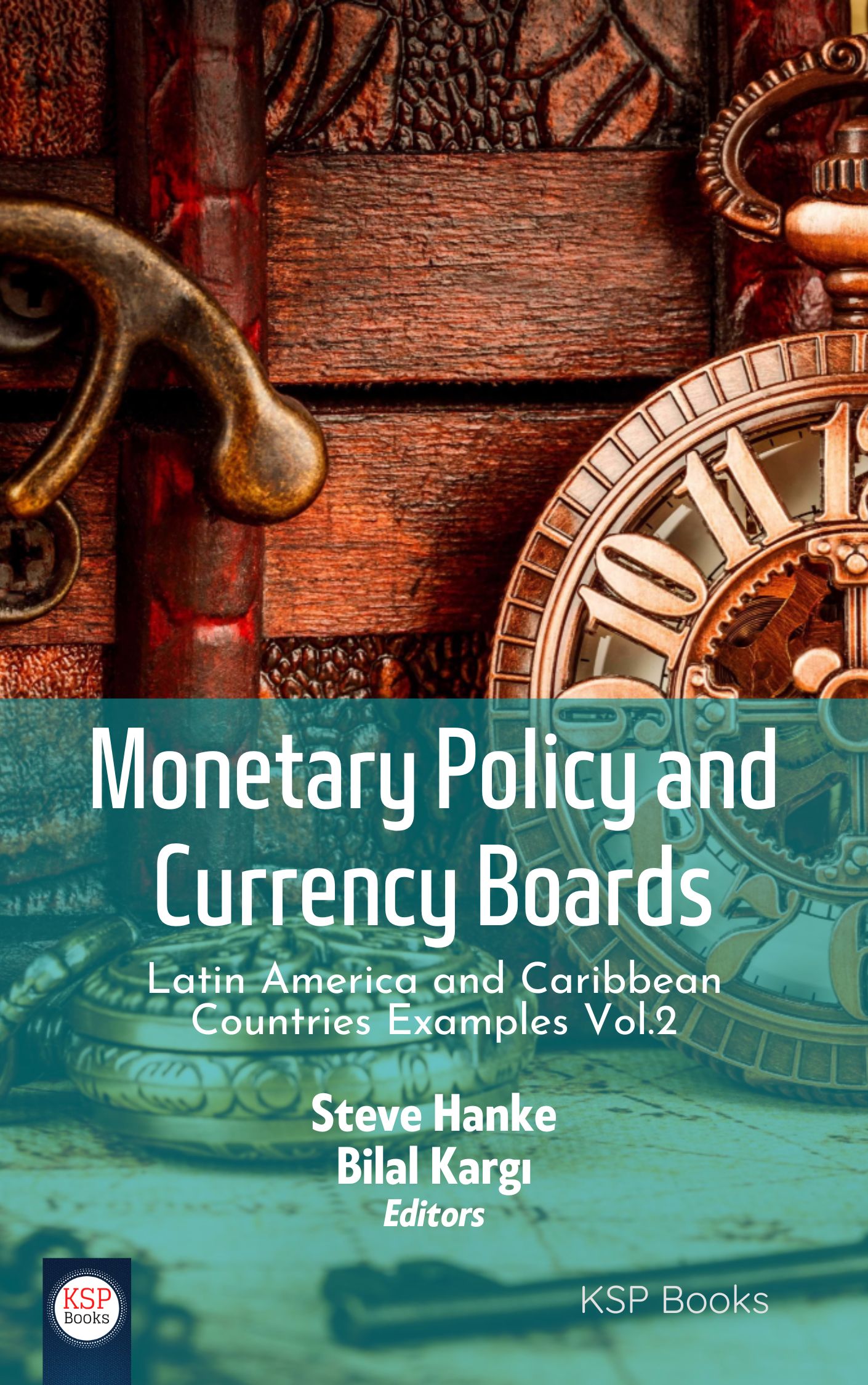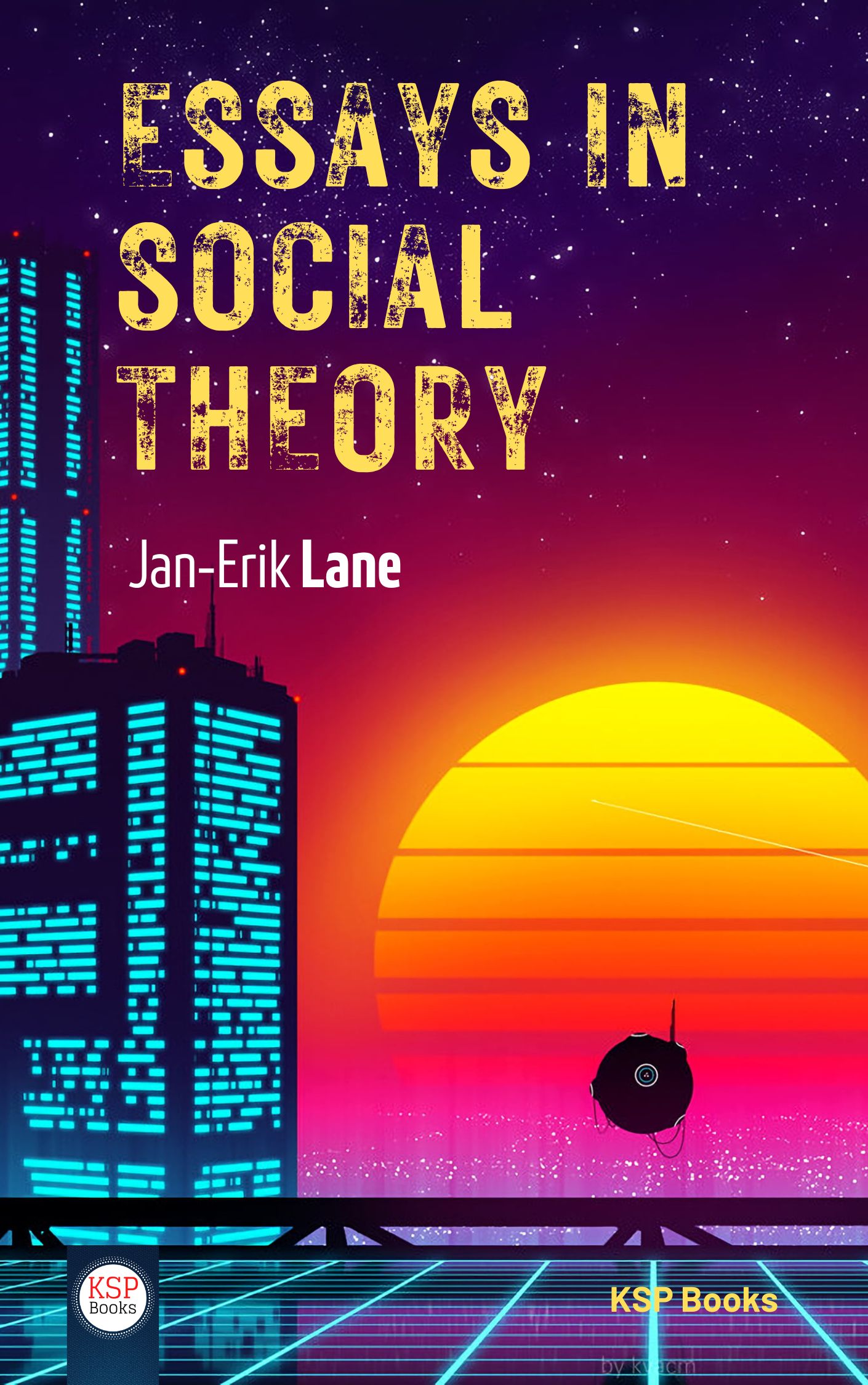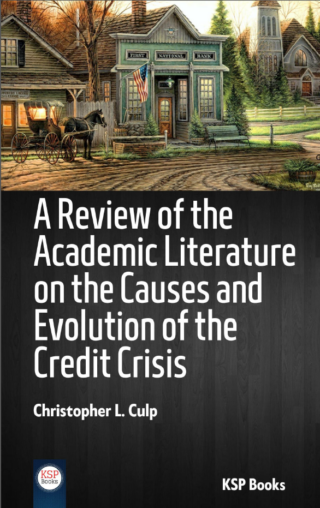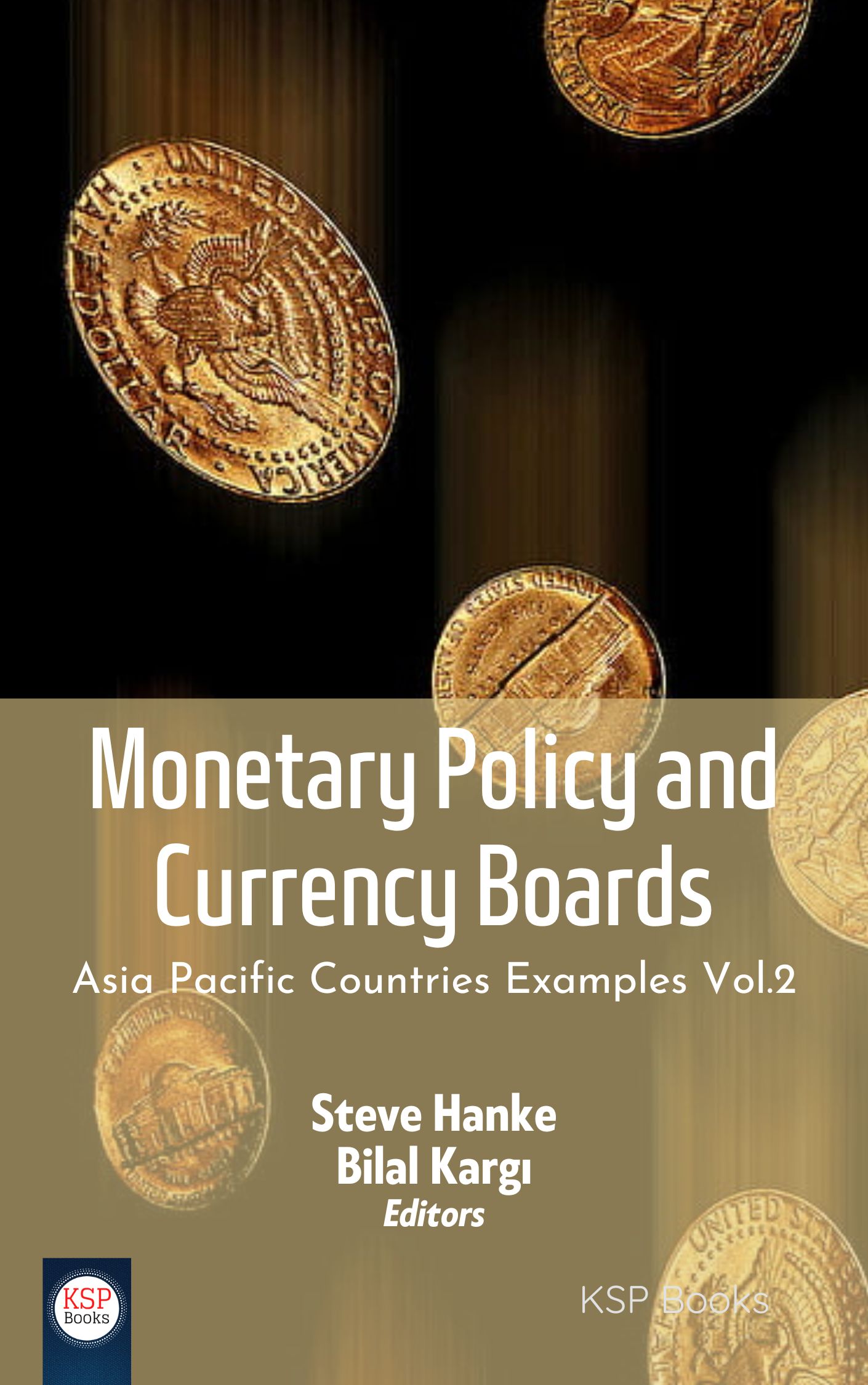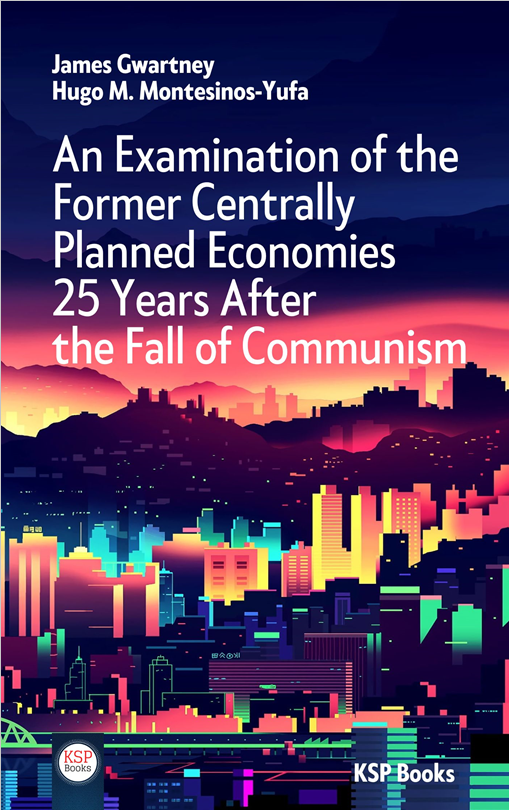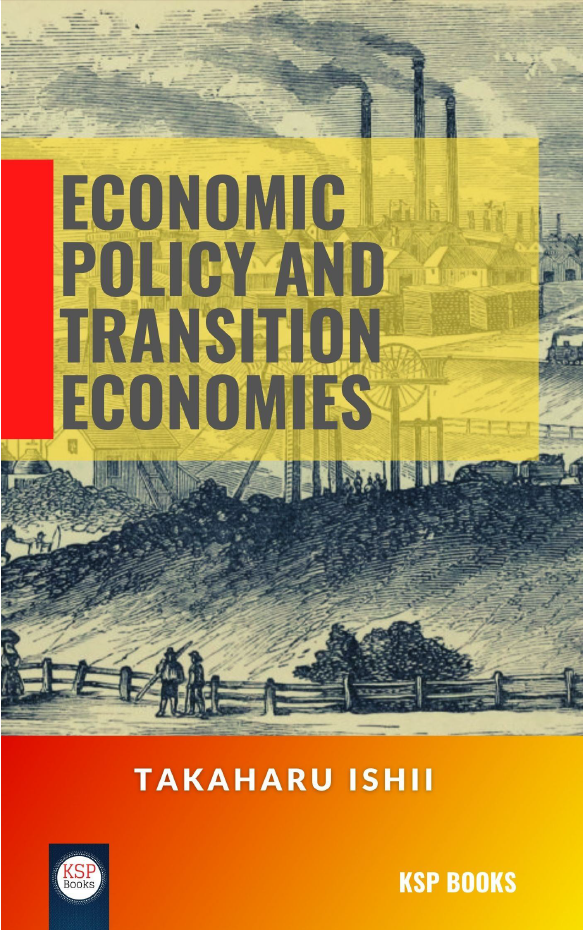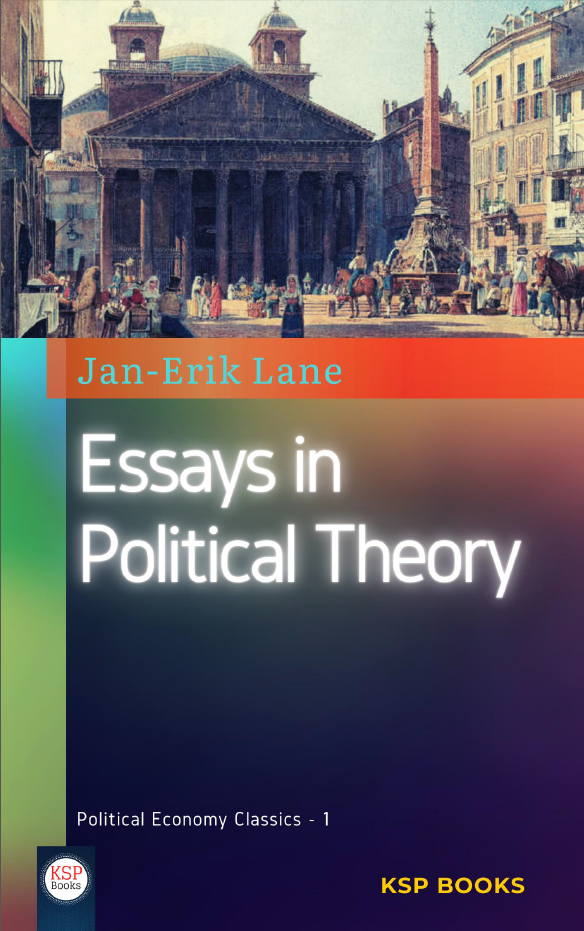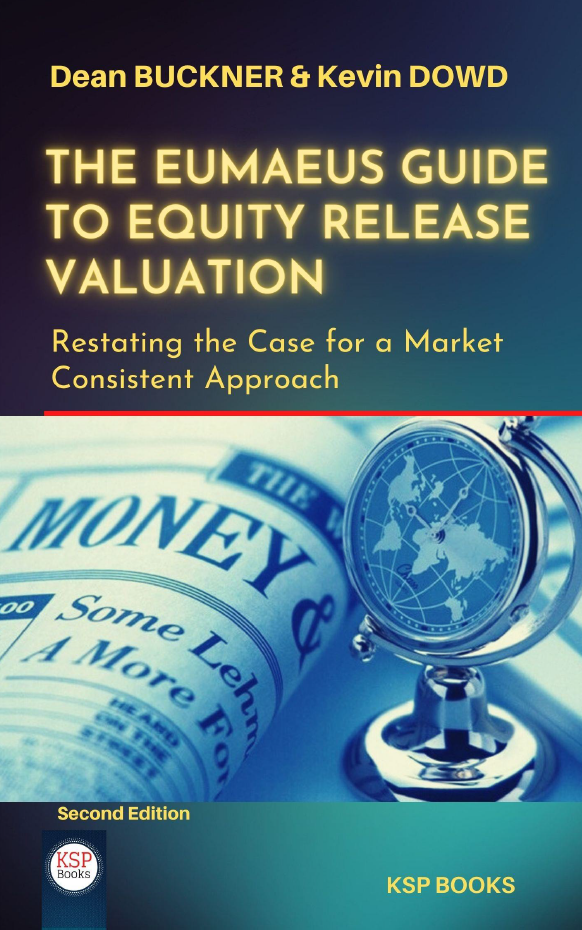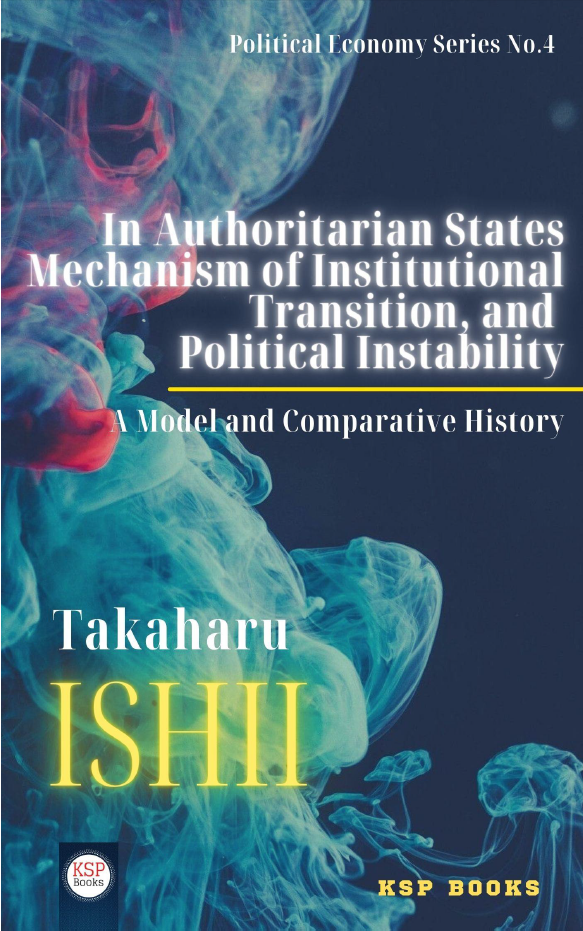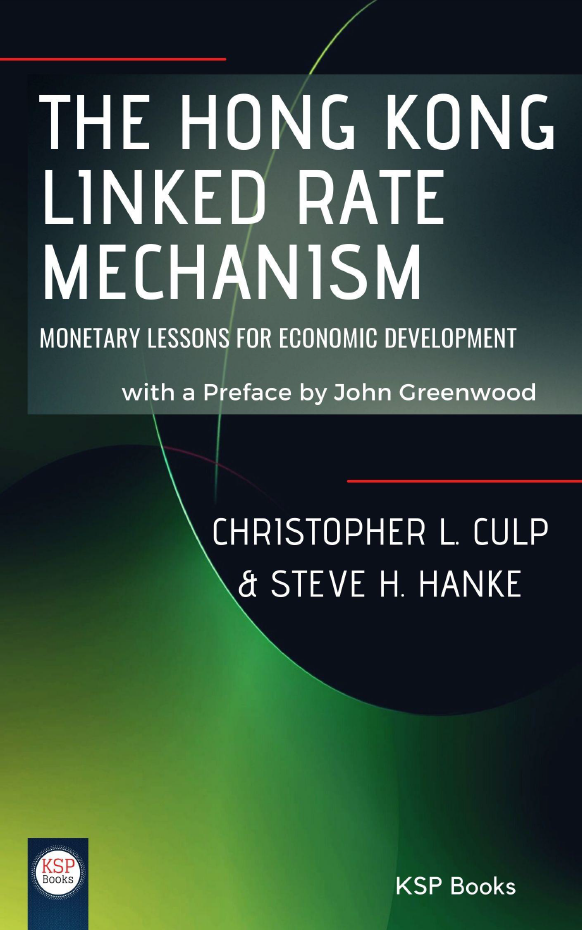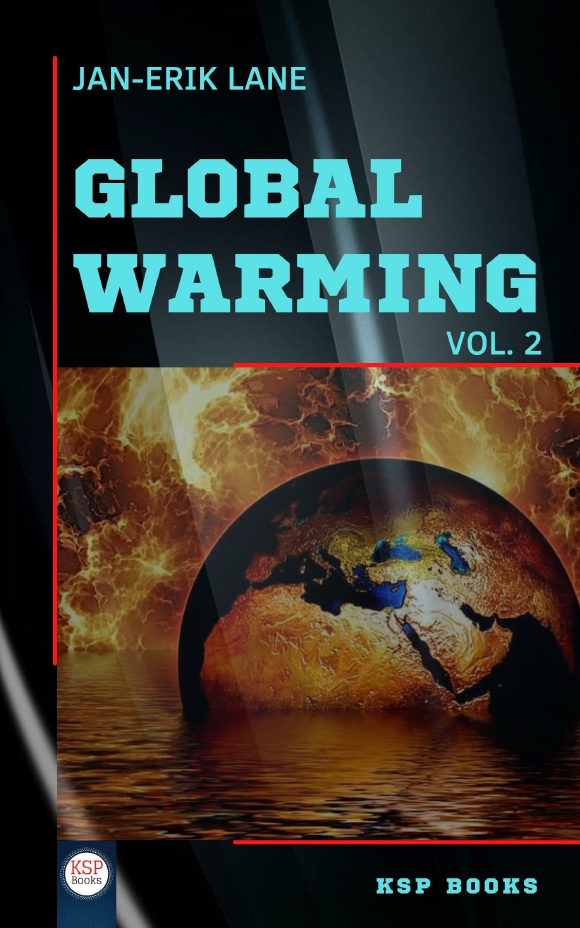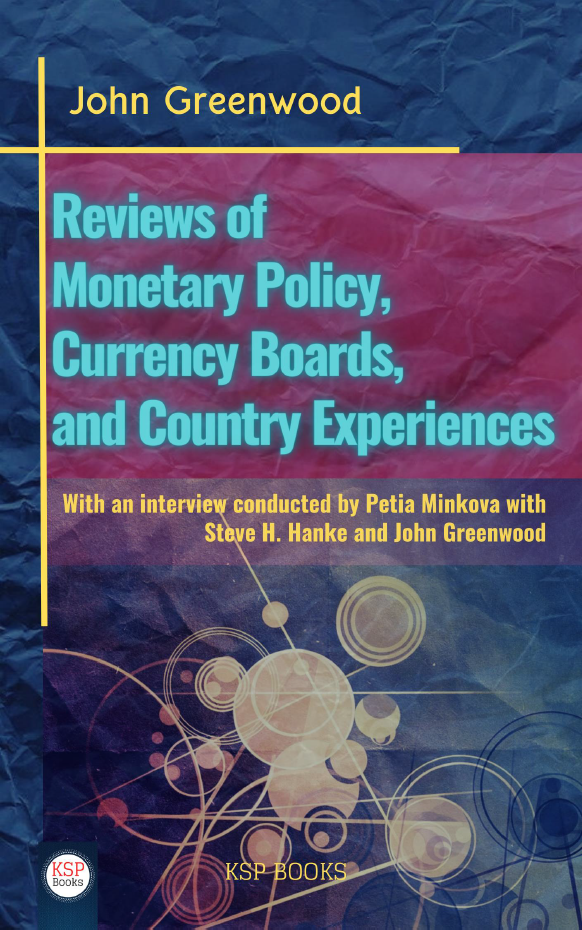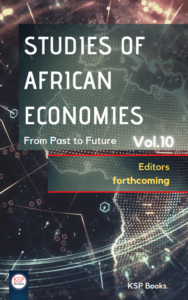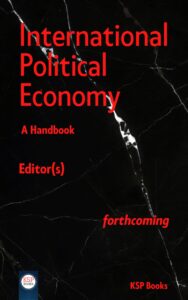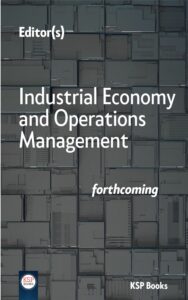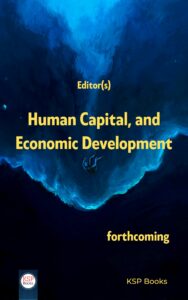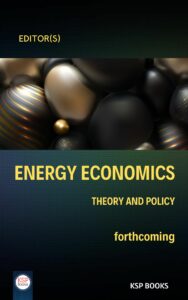By
Muhammad Mustafa Rashid
University of Detroit Mercy, USA
e-ISBN: 978-625-7501-81-1
Publishing Date: June 28, 2022
File Size: 5,754 MB
Length: xiii + 212 pages (PDF)
Language: English
Dimensions: 13,5 x 21,5 cm
 This Book is completely open access. You can freely read, download and share with everyone.
This Book is completely open access. You can freely read, download and share with everyone. 
Chapter 1: The purpose of this chapter is to provide insights into how the proliferation of globalization has impacted labor markets both in a advanced industrialized nations and well as developing nations. Insightful analysis will be drawn from Oatley (2011) on division of labor, Jaumotte & Tytell (2007) on labor compensation, Hahn & Narjoko (2013) on the impact on South Asian Countries, Basu (2016) on wage as a share of GDP and Wallace, Gauchat & Fullerton (2011) on the impact of globalization and labor markets on inequality.
Chapter 2: Building on the system of reason provided for by the Greek philosopher and specifically Aristotle, St. Thomas Aquinas built a comprehensive system and theory of natural law which has lasted through the ages. The theory was further developed in the Middle Ages and in the Enlightenment Ages by many a prominent philosopher and economist and has been recognized in the Modern Age. The natural law-theory and system has been repeatedly applied to the spheres of economic thought and has produced many lasting contributions such as private property rights and individual rights. In recent times with the collapses of the financial system and rapid globalization, there has been a renewed interest in the application of natural law theory to economics to counter a certain anthropology and distortion of values created by a modern economic system of self-preservation deriving its insights from the philosophies of Thomas Hobbes and Niccolo Machiavelli.
Chapter 3: The credit crises experienced in the US in year 2008 is labeled as perhaps the most significant crises since the great depression. The roots of the crises were found in the default of the sub-prime mortgages and the failure occurred in both the US and the UK. Due to the integrated nature of international financial systems the spillover impacted many countries as the economies in Asia and Europe were purchasers of the sub-prime mortgages that originated in both UK and US. The impact of the credit crises in Canada is of unique importance due to the close proximity to US, and both the US and Canada being of great strategic importance to each other as well as one of the largest trading partners.Even though the international financial credit crises adversely impacted many countries, the evidence that has come across recent years point towards the conclusion that Canada was able to weather the crises much better than many other countries.
Preface
Dedication
Introduction
Chapter I
Proliferation of globalization and its impact on labor markets in advanced industrial nations and developing nations
Chapter II
St. Thomas Aquinas and the development of natural law in economic thought
Chapter III
International financial credit crises; Lessons from Canada
Chapter IV
Case analysis: Enron; Ethics, social responsibility, and ethical accounting as inferior goods?
Chapter V
King, Fuller and Dworkin on natural law and hard cases
Chapter VI
Exploitation in a disruptive and unjust gig-economy
Chapter VII
Analysis of political economy, international political economy, globalization and its importance to public finance
Chapter VIII
Berkeley blues; Ford community corps partnership: Integrating environmental ethic, bioethics and the ethics of emerging technology into a comprehensive leadership philosophy. A regional study, Detroit
Chapter IX
The Greek letters: Scenario analysis with a reverse butterfly spread
Chapter X
Global strategic innovations in the energy sector
Chapter XI
Corporate social responsibility (CSR): Evaluating/auditing corporate social responsibility (CSR) practices
Chapter XII
Technology ethics
Chapter XIII
Eurodollar futures and LIBOR
Muhammad Mustafa Rashid
University of Detroit Mercy, USA
Muhammad Mustafa Rashid hold a MBA, a Masters of Arts in Economics and an undergraduate degree in Philosophy. Muhammad M Rashid has held research positions with University of California, and University of Detroit Mercy. Muhammad M Rashid’s upbringing was in Pakistan where he attended St. Patrick’s High School and Foundation Public School and passed his Cambridge Ordinary Level and Advanced Level Examination. Furthermore, Muhammad Mustafa Rashid has attended courses at Harvard University.
Related EconPedia Items



